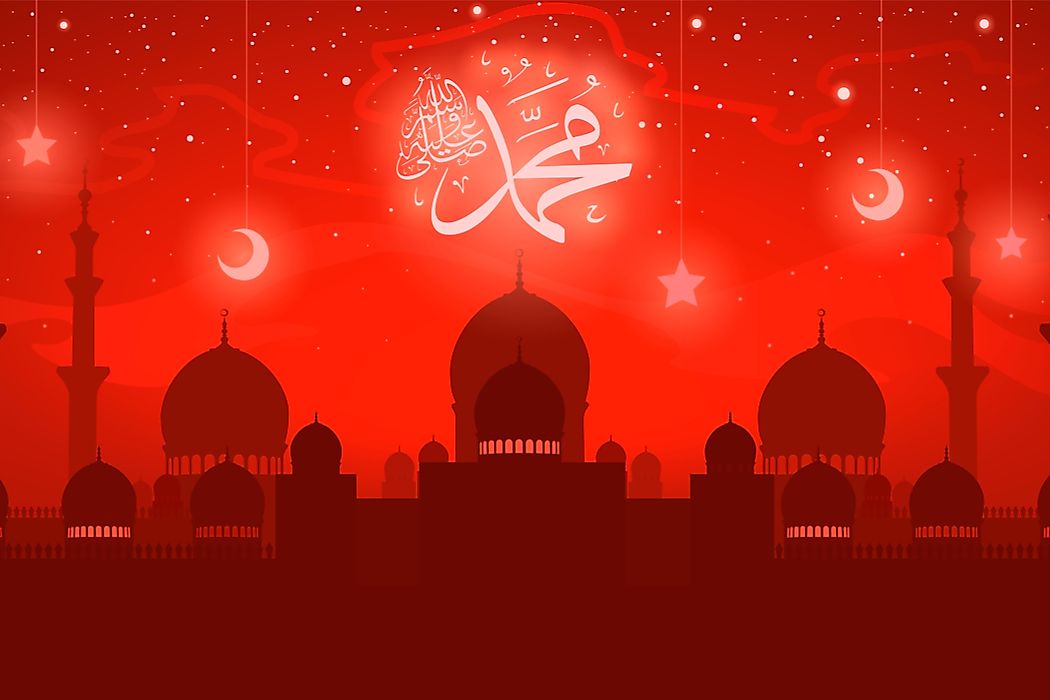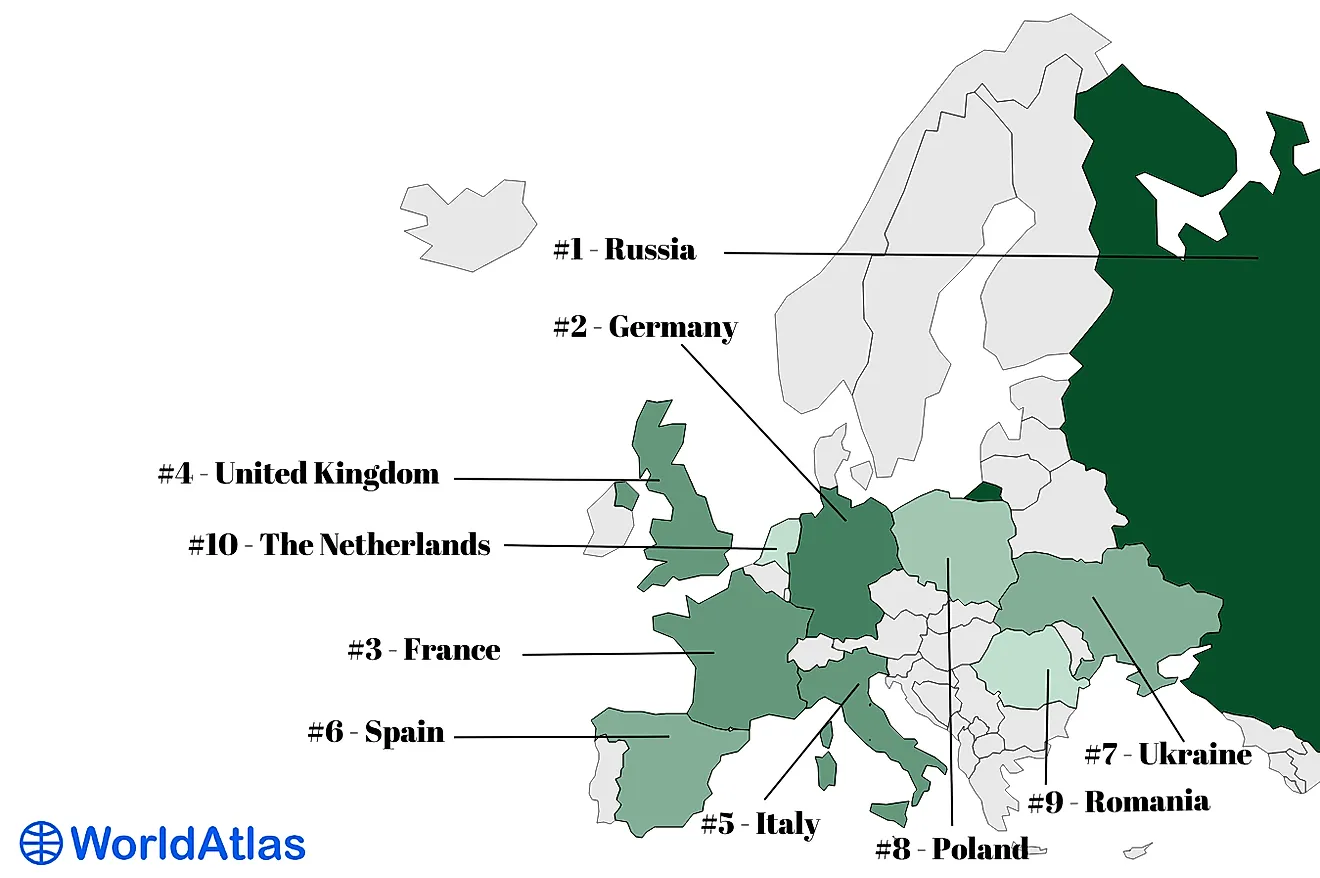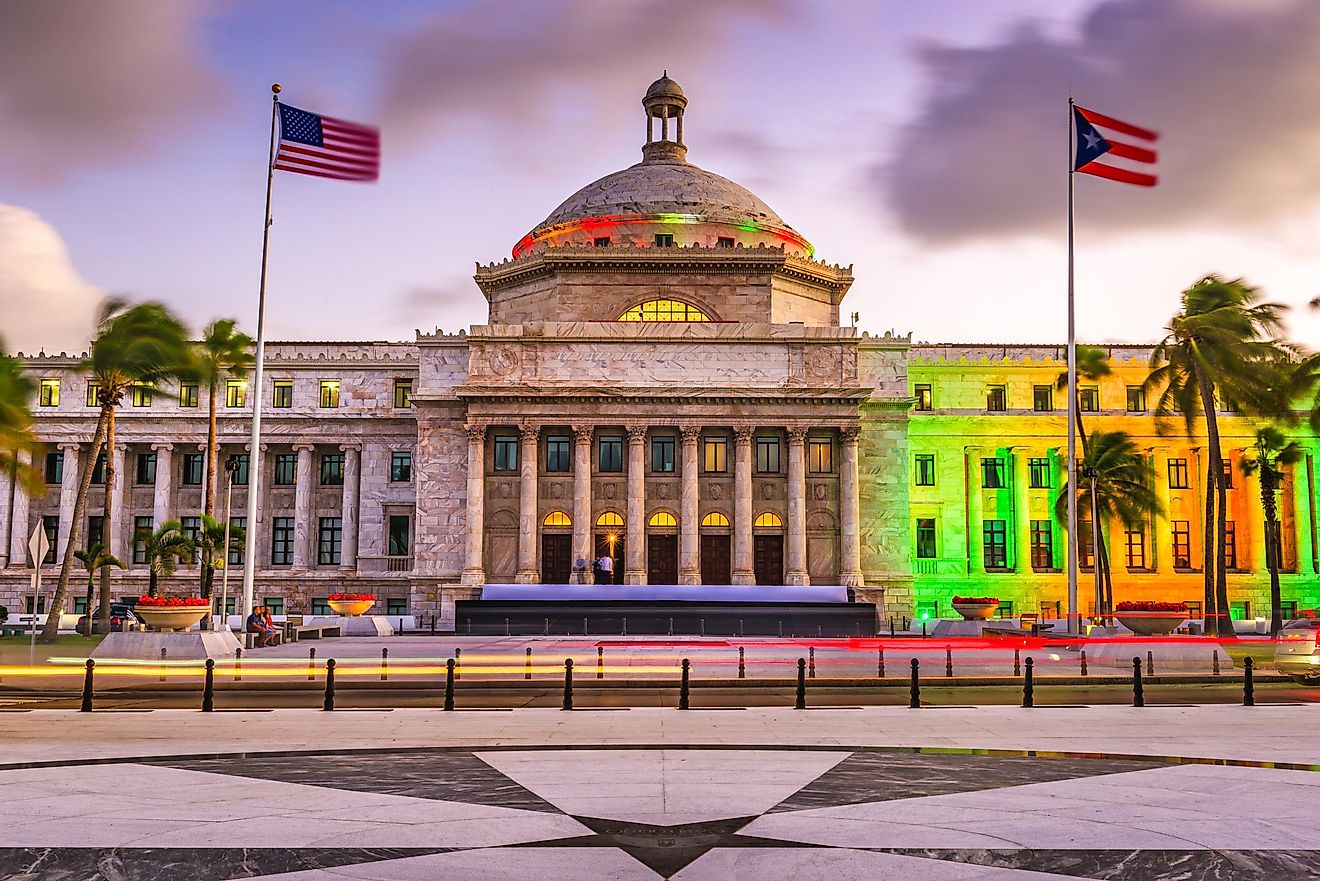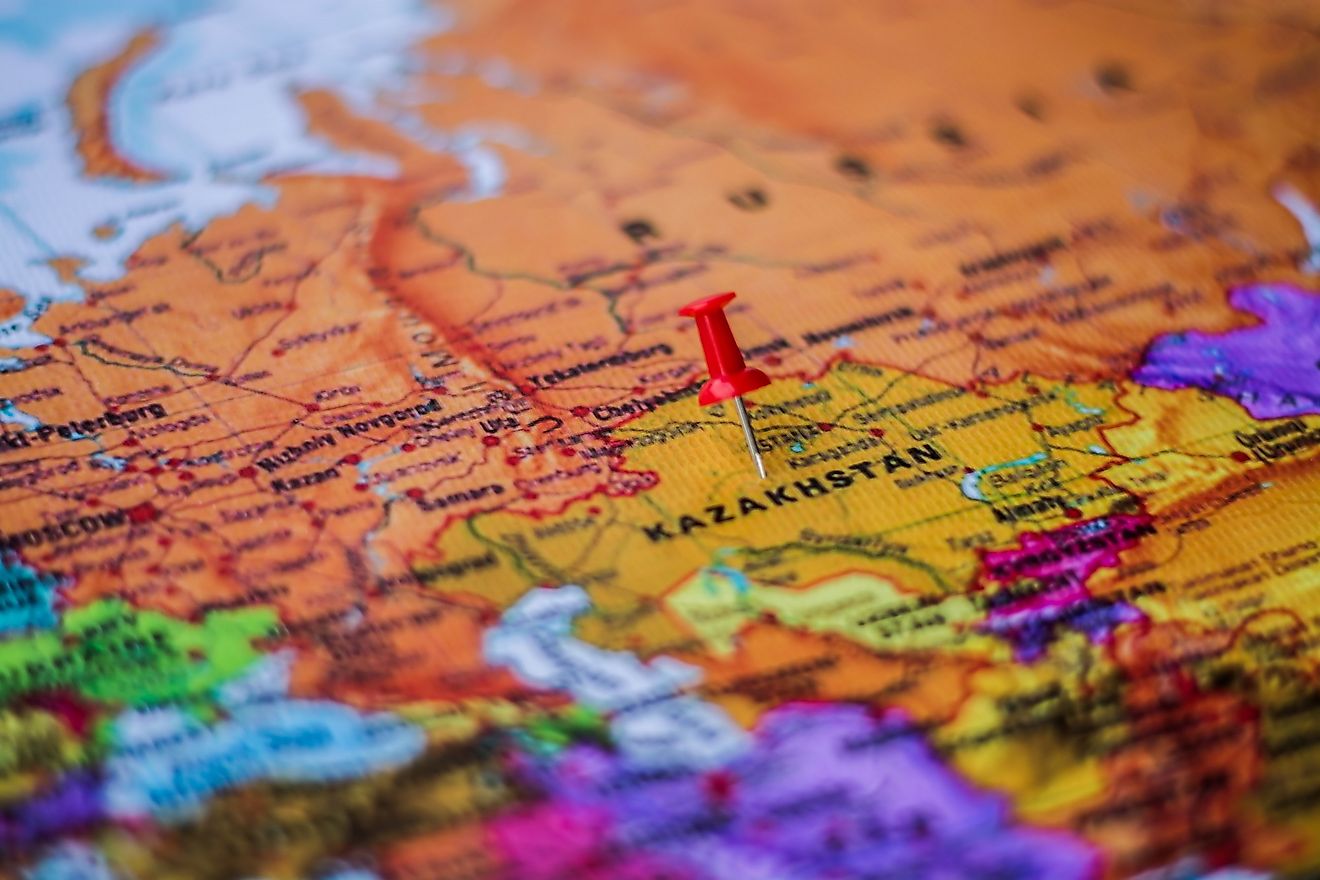What is Mawlid?

Mawlid is an Islamic religious festival that is celebrated on the third month of the Muslim calendar referred to as the Rabi al-awwal. On this day, Muslims celebrate the day Prophet Muhammad was born. Mawlid is celebrated either on 12 Rabi’ al-awwal by the Sunni Muslim or 17 Rabi’ al- awwal by the Shia Muslim. It is also referred as Eid al-Mawlid a- Nabawi. The seven-day holiday period is assigned as a unity week by the Islamic Republic of Iran. During this period, Muslims fast, sing, do public processions, gather together, and decorate their homes and the streets. Mawlid is considered a public holiday in the majority of Muslim countries except for Saudi Arabia which is Salafi, a conservative movement within Sunni Muslims. The holiday is observed annually.
Brief History of Mawlid
In the early Muslim days, Mawlid was celebrated privately in homes. Later on, the ceremony was introduced in the city of Sabta to counter the Christian festivals and to also strengthen Islam. During its early days, the celebration included animal sacrifices, sermons, feasts, and torchlight processions. Most scholars believe that Mawlid originated from the Fatimid dynasty as supported by the Shia Muslims narratives. However, among the Sunni Muslims, Mawlid ceremony originated in the 12th century and was supported by Gokbori who was a general and Sultan.
Observance of Mawlid
Mawlid is celebrated in most of the Islamic countries with the only exceptions being Saudi Arabia and Qatar where it is not officially considered a public holiday and it is also prohibited. The Wahhabi and other traditional Muslim influence have forbidden/discredit the ceremony. Mawlid celebration is characterized by street processions and decoration of homes and mosques. Stories about the life of Prophet Muhammad are told through poems and songs.
The significance of Mawlid is for every Muslim to express their love to Prophet Mohammed. In Pakistan, the day begins with 31-gun salute in the federal capital and 21-gun salute in the provincials. In Indonesia, the celebration emphasizes the importance of liveliness and splendor. In Tunisia, Muslims sing songs of praise to the prophet. In India, the relics of Muhammad are put on display after the morning prayers. Rabi’ al-awwal is considered as a unity week in Iran during which Mawlid is celebrated.
Opponents and Proponents of Mawlid
There are some Sunni scholars who have backed the celebration of Mawlid ceremony. Among the scholars, Al- Suyuti a Shafi scholar and Asqalani Ibn al-Haji a Maliki scholar have backed the celebration of Mawlid in most of their books including al Madhkal. Other Sunni Islamic scholars who have supported the celebration of Mawlid include Al- Azhar and Alawi-al-Maliki among others.
Not all of the Muslim communities have accepted the celebration of the Mawlid. Some have considered it an illegal ceremony and a blameworthy game. An Egyptian Maliki argued that Mawlid was never celebrated by Salaf. However, he regards Muhammad’s birthday as the holiest time in the year. Al Shatibi regards Mawlid as a making of man which is unnecessary. Abd al- Aziz ibn Baz and other Saudi scholar believe that there are many instances in prophet Muhammad’s life that are worthy to be celebrated other than his birthday.











